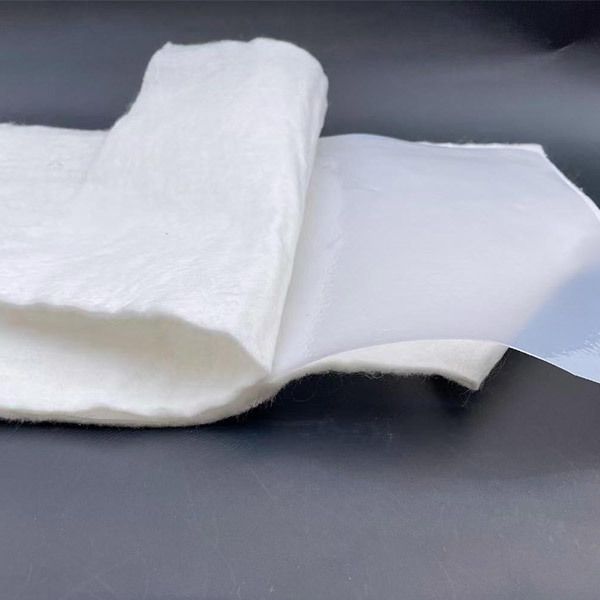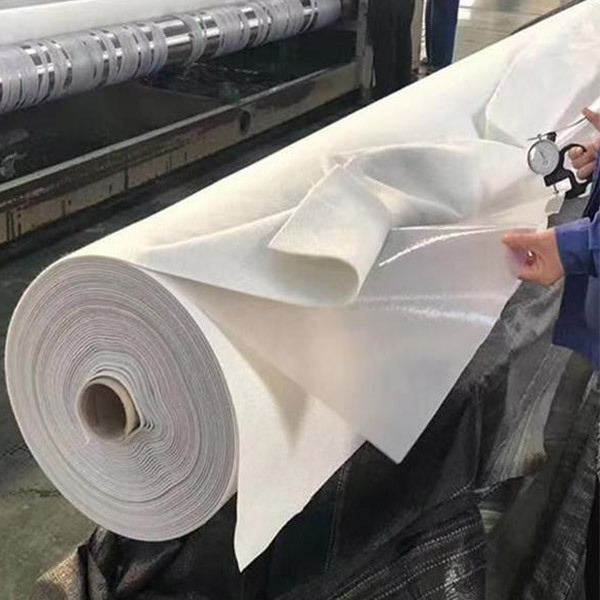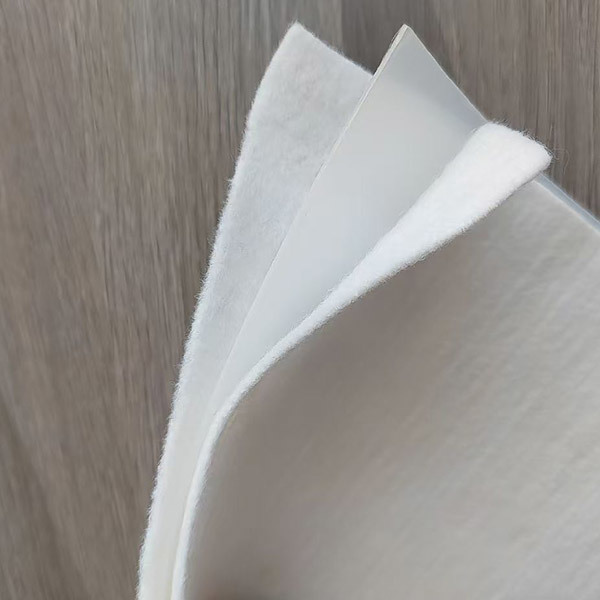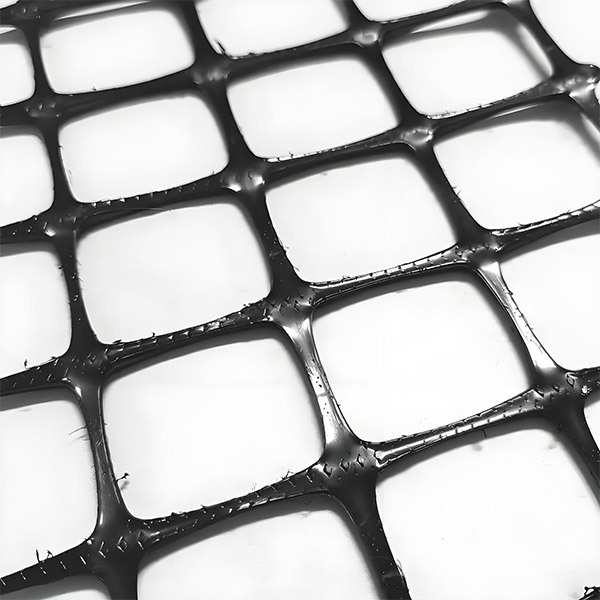Exploring EPI Geomembranes: Understanding Their Importance and Benefits in Construction
Time:
Sep 25,2025
EPI geomembranes, or Ethylene Propylene Diene Monomer geomembranes, are advanced synthetic liners utilized primarily for waterproofing and controlling fluid movement in various construction applications. These geomembranes are known for their exceptional durability, flexibility, and resistance to a wide range of environmental factors, which makes them a preferred choice for many construction proje
EPI geomembranes, or Ethylene Propylene Diene Monomer geomembranes, are advanced synthetic liners utilized primarily for waterproofing and controlling fluid movement in various construction applications. These geomembranes are known for their exceptional durability, flexibility, and resistance to a wide range of environmental factors, which makes them a preferred choice for many construction projects.
One of the primary applications of EPI geomembranes is in containment systems. They are commonly used in landfill sites, where they prevent leachate from contaminating groundwater. This application is vital not only for environmental protection but also for adhering to regulatory standards. The durability of EPI geomembranes ensures that they can withstand the harsh conditions typically found in landfill environments, providing long-lasting protection.
In addition to landfill applications, EPI geomembranes are also employed in water reservoirs, ponds, and canals. Their impermeable nature effectively prevents water loss due to seepage, making them an essential component in water conservation efforts. By utilizing these geomembranes, construction projects can significantly improve the efficiency of water management systems.
Another significant benefit of EPI geomembranes is their ease of installation. Unlike some traditional materials, EPI geomembranes can be installed quickly and efficiently, reducing labor costs and project timelines. This efficiency is particularly beneficial in time-sensitive projects where delays can lead to increased expenses.
Moreover, EPI geomembranes are highly resistant to UV radiation, chemicals, and temperature fluctuations. This resistance extends their lifespan and reduces the need for frequent replacements, ultimately leading to cost savings for construction companies. Their flexibility allows them to conform to the underlying substrate, ensuring a secure fit that prevents breaches or leaks.
As the construction industry continues to evolve, the demand for sustainable and reliable materials is on the rise. EPI geomembrane manufacturers focus on producing high-quality products that meet these needs, addressing environmental concerns while maintaining performance standards.
In conclusion, EPI geomembranes are indispensable in modern construction, providing solutions for various applications while ensuring environmental protection and sustainability. Their durability, ease of installation, and resistance to harsh conditions make them a smart choice for any construction project. Understanding the importance of EPI geomembranes can help stakeholders make informed decisions when selecting materials for their projects.
One of the primary applications of EPI geomembranes is in containment systems. They are commonly used in landfill sites, where they prevent leachate from contaminating groundwater. This application is vital not only for environmental protection but also for adhering to regulatory standards. The durability of EPI geomembranes ensures that they can withstand the harsh conditions typically found in landfill environments, providing long-lasting protection.
In addition to landfill applications, EPI geomembranes are also employed in water reservoirs, ponds, and canals. Their impermeable nature effectively prevents water loss due to seepage, making them an essential component in water conservation efforts. By utilizing these geomembranes, construction projects can significantly improve the efficiency of water management systems.
Another significant benefit of EPI geomembranes is their ease of installation. Unlike some traditional materials, EPI geomembranes can be installed quickly and efficiently, reducing labor costs and project timelines. This efficiency is particularly beneficial in time-sensitive projects where delays can lead to increased expenses.
Moreover, EPI geomembranes are highly resistant to UV radiation, chemicals, and temperature fluctuations. This resistance extends their lifespan and reduces the need for frequent replacements, ultimately leading to cost savings for construction companies. Their flexibility allows them to conform to the underlying substrate, ensuring a secure fit that prevents breaches or leaks.
As the construction industry continues to evolve, the demand for sustainable and reliable materials is on the rise. EPI geomembrane manufacturers focus on producing high-quality products that meet these needs, addressing environmental concerns while maintaining performance standards.
In conclusion, EPI geomembranes are indispensable in modern construction, providing solutions for various applications while ensuring environmental protection and sustainability. Their durability, ease of installation, and resistance to harsh conditions make them a smart choice for any construction project. Understanding the importance of EPI geomembranes can help stakeholders make informed decisions when selecting materials for their projects.





